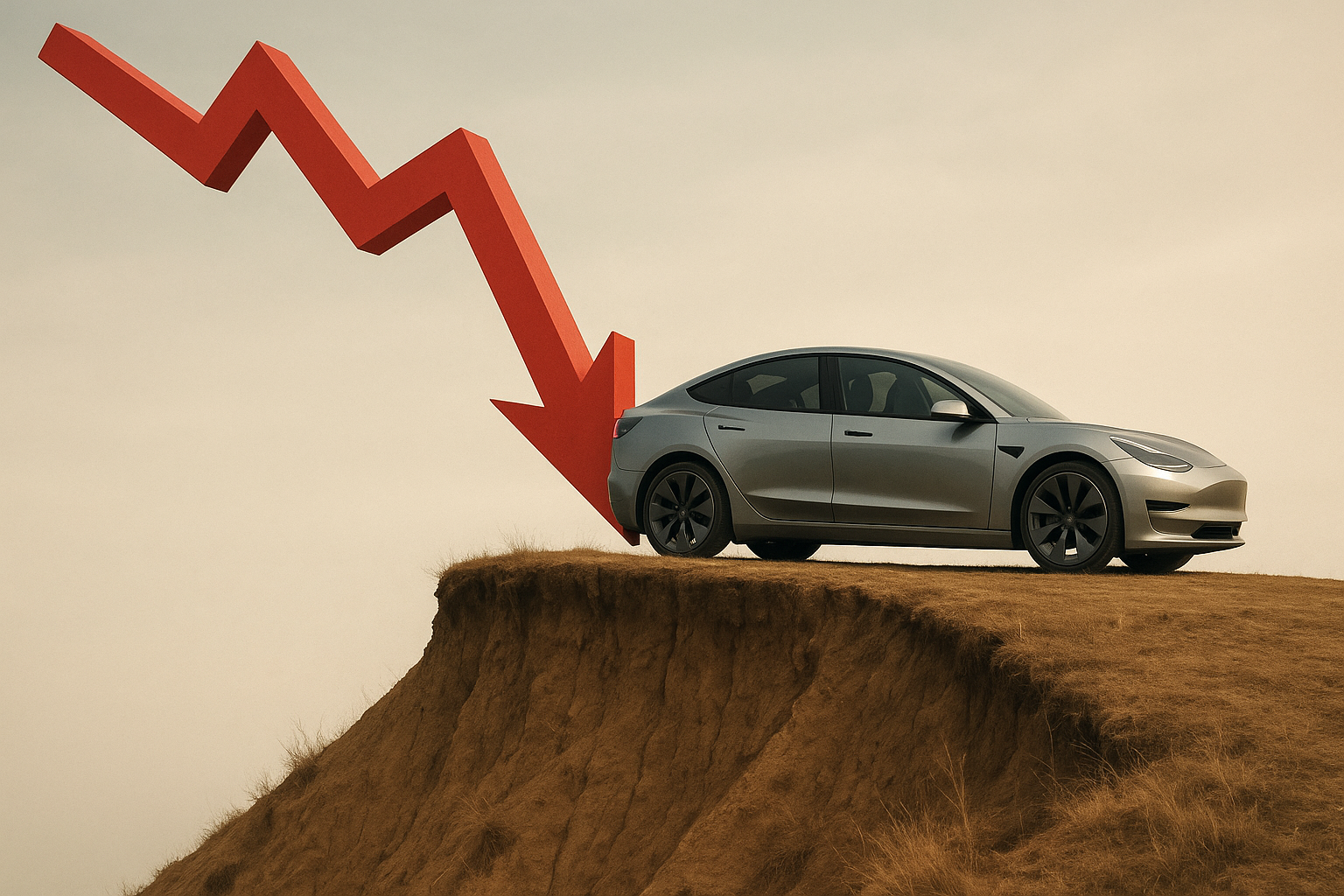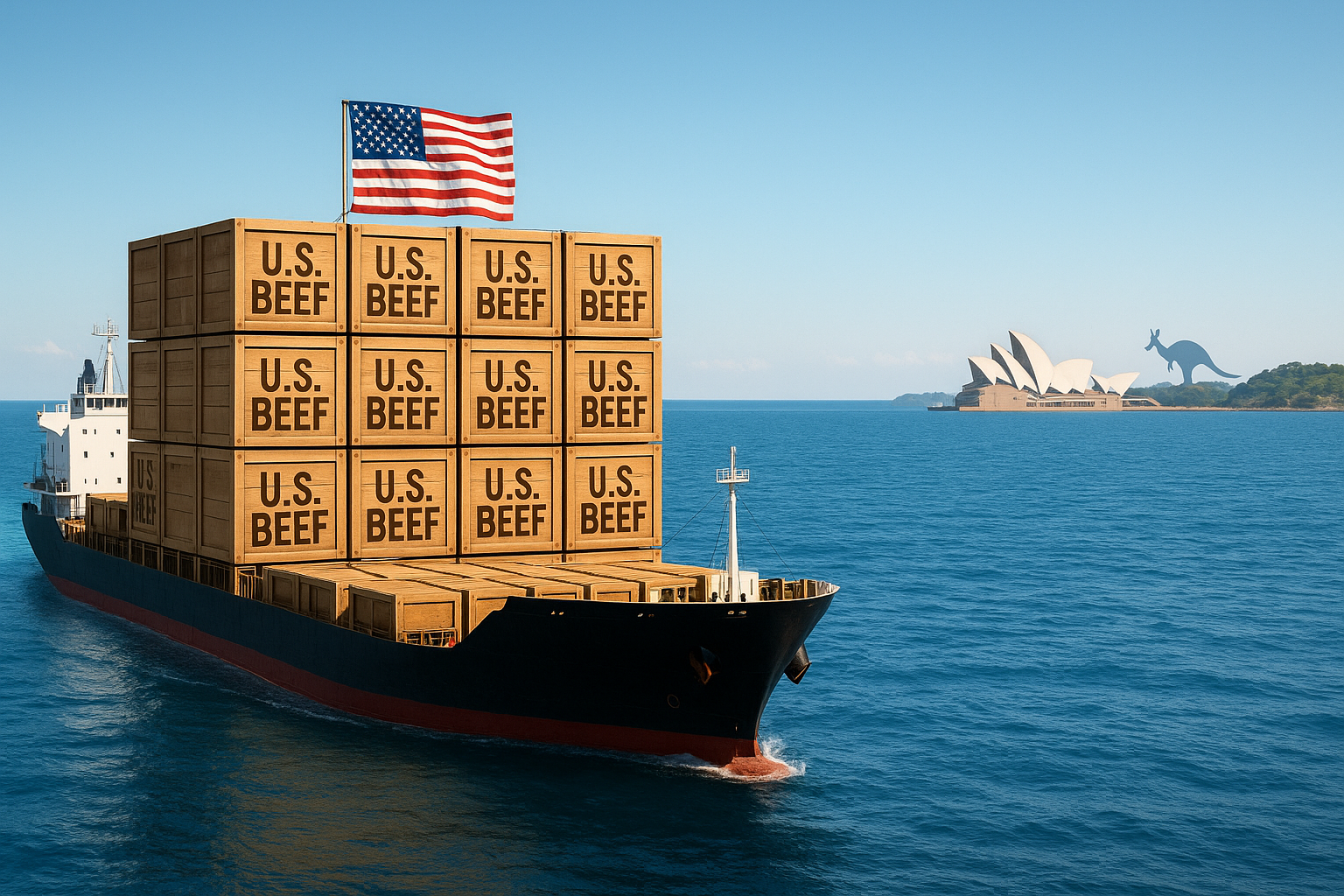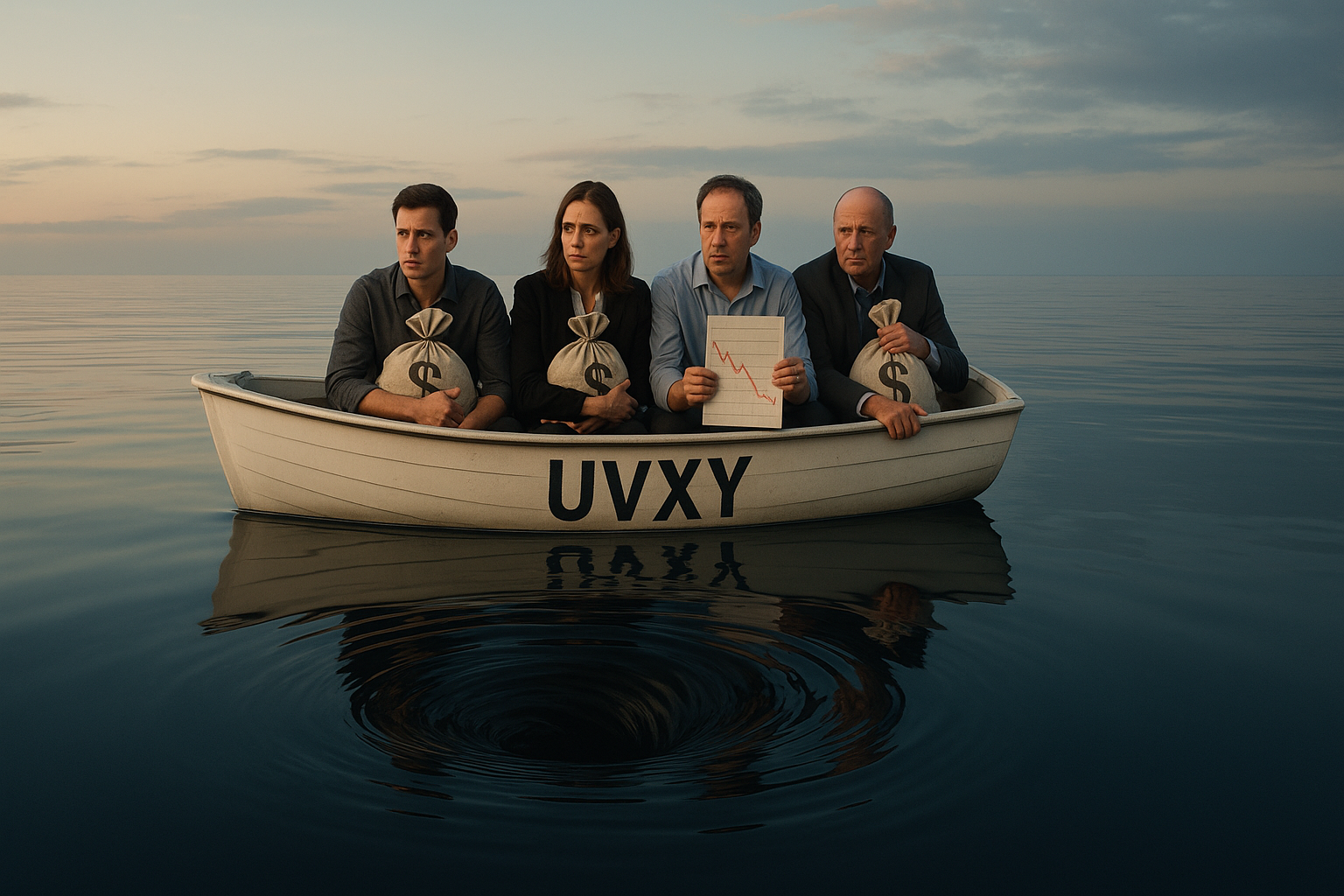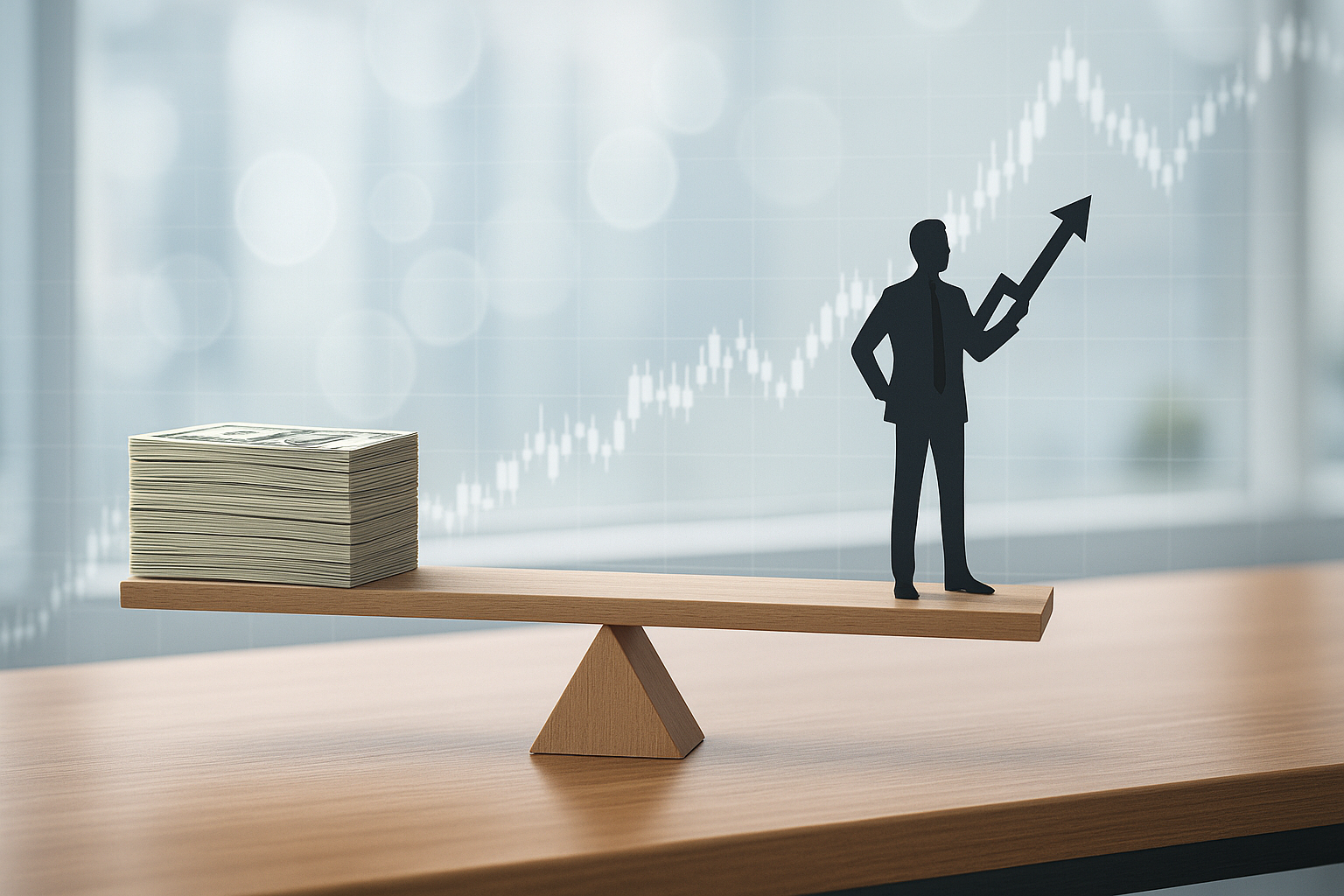Tesla stock took a nosedive Thursday, plummeting 9% after the company reported something that would have seemed unthinkable just a year ago: automotive revenue down a whopping 16% compared to last year. It's the second consecutive quarter of declining sales for the electric vehicle pioneer. That's not just a hiccup—that's a pattern.
And boy, does Wall Street hate patterns like this one.
The stock is now down 25% in 2024, which makes Tesla the clear underperformer among its megacap tech peers. While Apple, Microsoft, and the rest of the gang are partying like it's 1999, Tesla seems stuck in some alternate reality where gravity actually applies.
I've covered Tesla since its early production struggles, and this feels... different. This isn't just another "Elon vs. the shorts" chapter in the company's colorful history. It's something more fundamental.
What's happening here? Well, Tesla is facing what you might call the innovator's dilemma on steroids. They blazed the trail, spent the money, took the risks—and now competitors are cruising down that nicely paved road without having paid the construction costs.
Chinese manufacturers are undercutting Tesla's prices (by a lot), while European automakers have finally gotten their electric act together. That competitive moat? It's looking more like a puddle after a light rain.
Musk himself warned of "a few rough quarters ahead" during the earnings call. Translation: brace yourselves, this ride's about to get bumpy.
The looming expiration of the $7,500 federal tax credit in September isn't helping matters. Think about it—that's essentially a 15% price hike on a Model 3. Not exactly what you want when sales are already sliding.
Look, what's particularly telling is Tesla's newfound shyness about the future. Earlier this year, they were all confidence and swagger, promising growth would return in 2025. Now? Dead silence. When a company that built its reputation on bold predictions suddenly clams up... well, draw your own conclusions.
The market is fundamentally reassessing what Tesla is. For years, investors valued Tesla like a tech company that happened to make cars—a "software company with wheels," if you will. The shift now is toward seeing it as a car company with some cool tech features.
And the difference in valuation multiples between those two scenarios? It's enough to explain most of that 25% stock plunge.
Europe was supposed to be Tesla's growth engine, but new registrations there are declining according to European automobile data. That's not just a problem—it's a problem in what was supposed to be part of the solution.
Then there's the Elon factor. The man is... busy. Running multiple companies. Endorsing political candidates. Temporarily leading Trump's Department of Government Efficiency (DOGE—subtle, right?). Now apparently forming his own political party?
The market generally prefers CEOs who, you know, focus on being CEOs. Just saying.
There is a potential white knight in this story—Tesla's promised lower-cost model, with "limited production" starting in June. But I've covered enough Tesla production ramps to know what "limited production" typically means: a handful of hand-built prototypes and a factory still figuring out how to mass-produce without chaos ensuing.
So don't expect that to move the needle anytime soon.
What we're really witnessing is the collision of a growth narrative with hard reality. Tesla will survive—that's not the question. The question is whether it remains a revolutionary force or settles into being merely a successful car company.
For a stock that's been priced for perfection for years (and still has a market cap exceeding that of nearly every other automaker combined), merely "successful" would require quite the mental adjustment for investors.
The thing about fallen angels in tech, though? They often find their wings again. The trick—and it's a doozy—is timing that recovery.
Perhaps the wisest approach is remembering that in both the auto industry and markets, seasons change. Winter doesn't last forever. But neither does summer.
And Tesla investors are definitely feeling a chill in the air right now.




